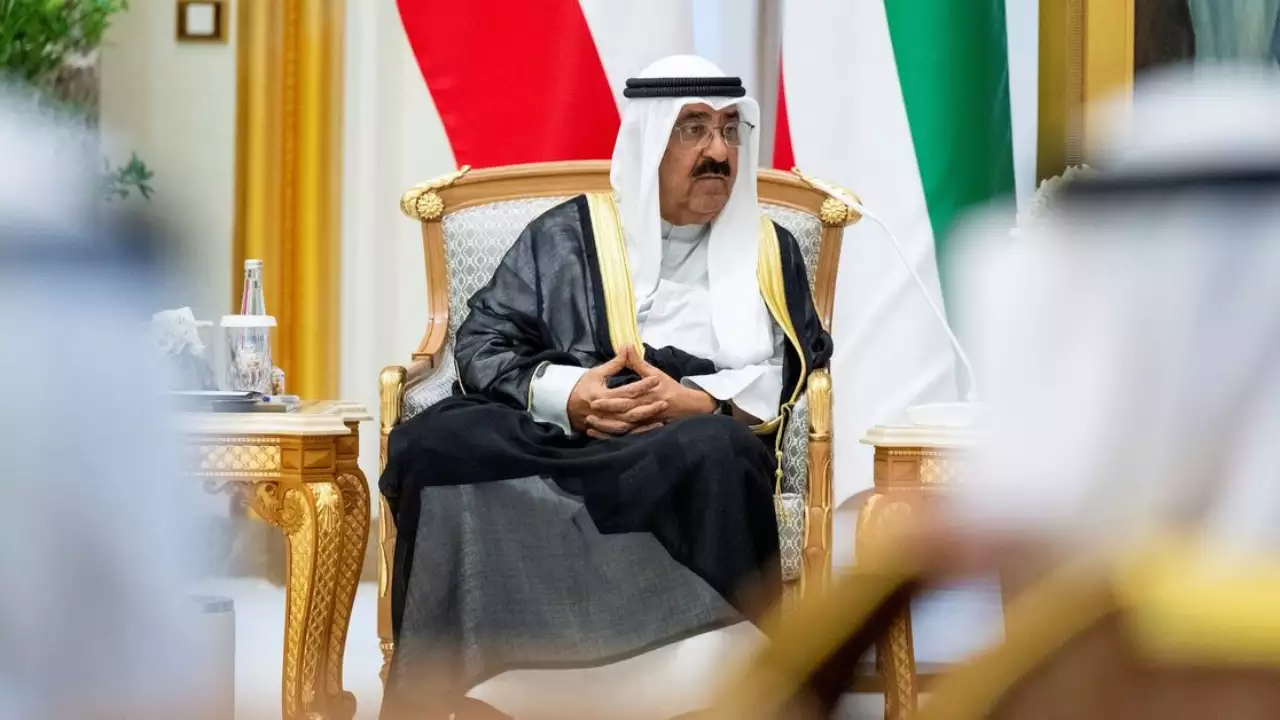Kuwait’s Emir, Sheikh Meshal Al Ahmad Al Jaber, has once again dissolved the country’s parliament, citing the persistent political deadlock that has plagued the nation in recent years. In an address broadcasted on state television, the Emir announced the dissolution, stating that certain sections of the constitution had also been suspended for a period not exceeding four years.
Addressing the nation, the 83-year-old Emir expressed concern over the unhealthy political atmosphere that has led to widespread corruption within state institutions, including security and economic sectors. He emphasized his commitment to safeguarding the interests of the Kuwaiti people, prioritizing their well-being over political discord.
The decision comes after Kuwait held national elections in April, marking the fourth consecutive year of electoral attempts aimed at resolving the political gridlock. However, domestic disputes, including disagreements over welfare system reforms, have persisted, hindering progress and leaving the country unable to address economic challenges effectively.
Despite Kuwait’s vast oil reserves, the nation faces financial constraints due to its inability to take on debt amidst the political impasse. This has led to difficulties in meeting public sector salary obligations, despite the country’s considerable wealth generated from oil revenues.
Kuwait, known for its strategic alliance with the United States since the 1991 Gulf War, hosts a significant American military presence and serves as the forward headquarters of the U.S. Army in the Middle East. However, it remains distinct among Gulf Arab nations due to its democratically elected parliament, which provides some oversight over the ruling family, although the Emir retains the authority to dissolve the assembly at his discretion.
The dissolution of parliament underscores the ongoing challenges facing Kuwait’s political landscape and highlights the need for comprehensive reforms to address systemic issues and promote stability in the country.






